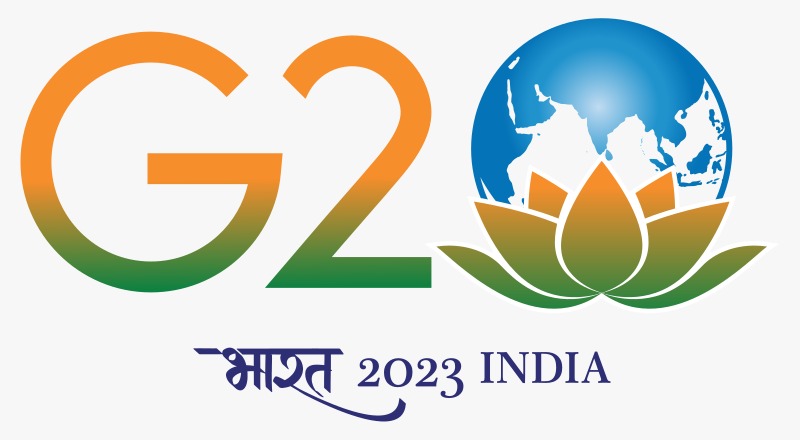
New Delhi, India – As India assumes the G20 presidency, the nation has spearheaded a series of groundbreaking initiatives and accomplishments in the lead-up to the much-anticipated Leaders’ Meeting.
India made history as it took the helm of the annual G20 Foreign Ministers Meeting, becoming the first to unveil a fully negotiated and embraced G20 Foreign Ministers Outcome Document and Chair Summary (FMM ODCS). This comprehensive document addresses vital themes crucial to member states, such as the reinforcement of multilateralism, counterterrorism efforts, and the tackling of global health challenges.
Under India’s presidency, the inaugural ‘Voice of the Global South Summit’ convened, drawing participation from 125 countries across ten sessions spanning two days. This landmark event provided a platform for developing nations to voice their concerns, ideas, challenges, and priorities.
Furthermore, the G20 Meeting of Agricultural Chief Scientists (MACS) during India’s presidency supported the launch of the Millets And otHer Ancient Grains International Research Initiative (MAHARISHI). This initiative aims to foster collaboration among researchers and institutions, promote information sharing, and organize capacity-building activities across G20 countries.
India’s presidency also marked the inception of the G20 EMPOWER group. The G20 Alliance for the Empowerment and Progression of Women’s Economic Representation (EMPOWER) is an alliance of G20 business leaders and governments focused on accelerating women’s leadership and empowerment in the private sector.
Following the G20 Digital Economy Ministers’ Meeting, consensus was reached on creating Digital Public Infrastructures (DPIs) and addressing ‘Cyber Security in the Digital Economy’ and Digital Skills.

During India’s G20 presidency, the Meeting of G20-Chief Science Advisers Roundtable (G20-CSAR) was initiated. Topics discussed included ‘Opportunities in One Health for better disease control and pandemic preparedness,’ ‘Synergizing Global Efforts to Expand Access to Scholarly Scientific Knowledge,’ ‘Diversity, Equity, Inclusion, and Accessibility in Science & Technology (S&T),’ and ‘An Institutional Mechanism for Inclusive, Continuous, and Action-Oriented Global S&T Policy Dialogue.’
In an effort to reform and strengthen multilateralism, India also revitalized discussions on the reform of international institutions, including the UN Security Council and Multilateral Development Banks (MDBs). During India’s presidency, an Independent Expert Group was established to provide recommendations for enhancing MDBs and improving their efficiency in addressing 21st-century challenges. These significant achievements underline India’s commitment to fostering global cooperation and addressing pressing global issues.


